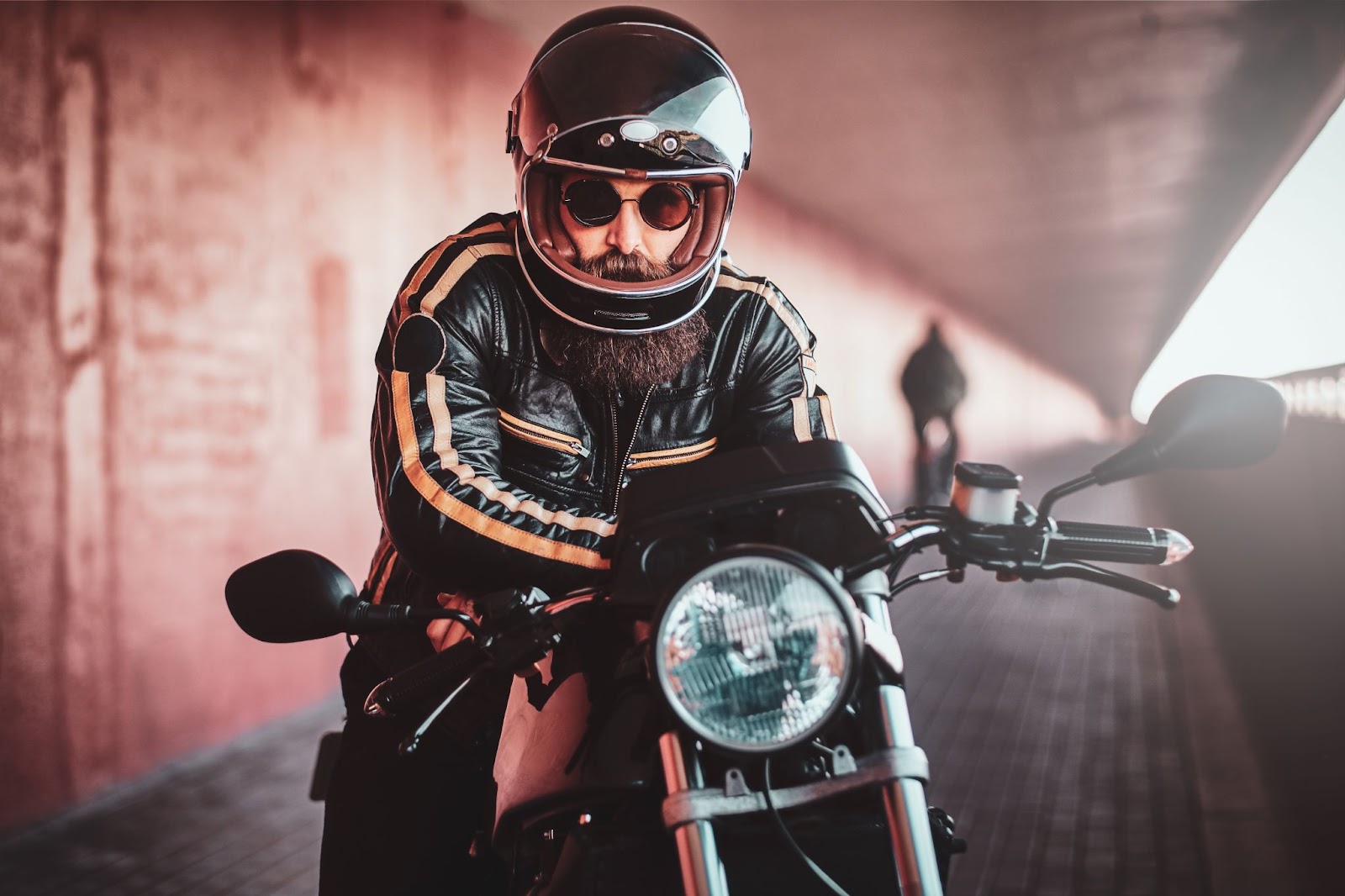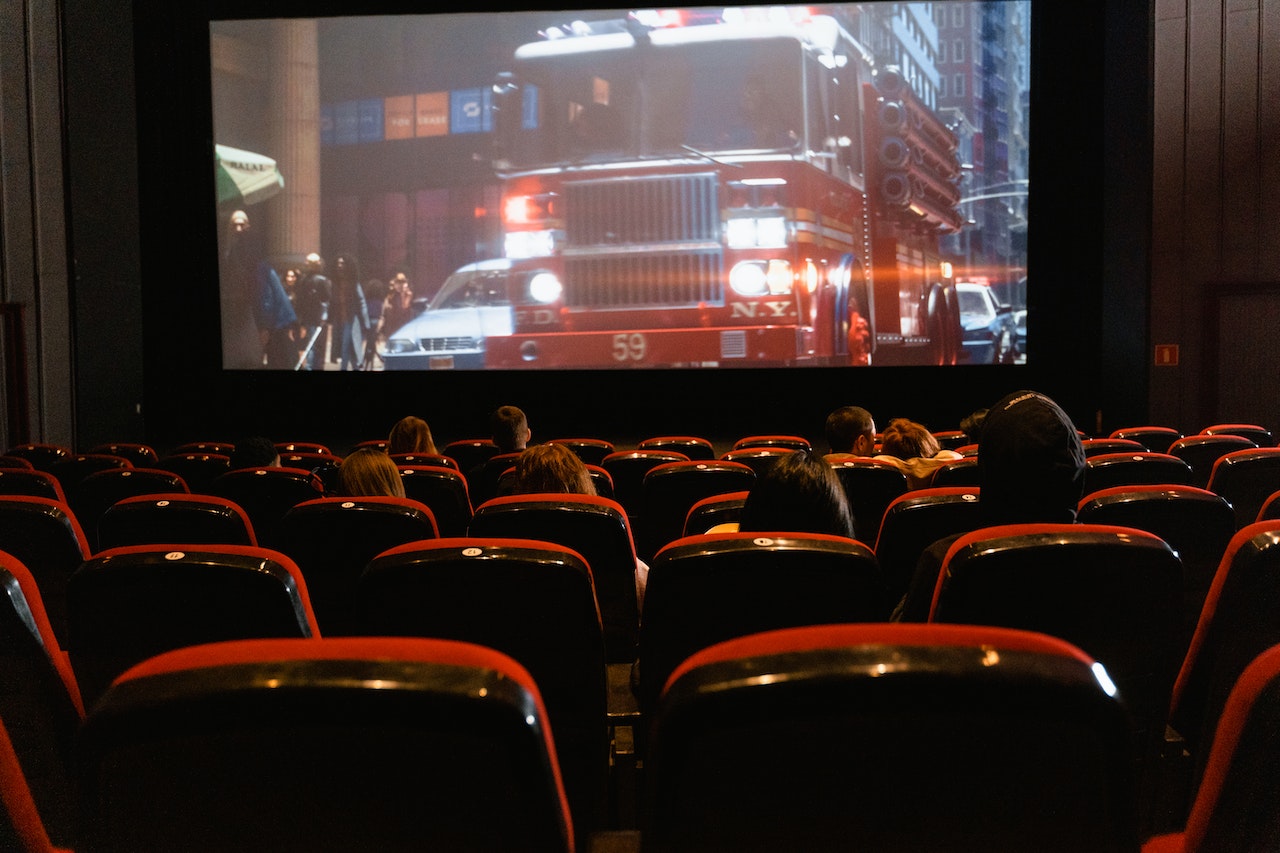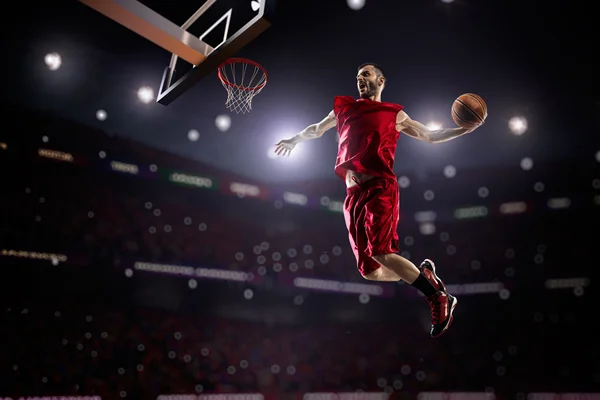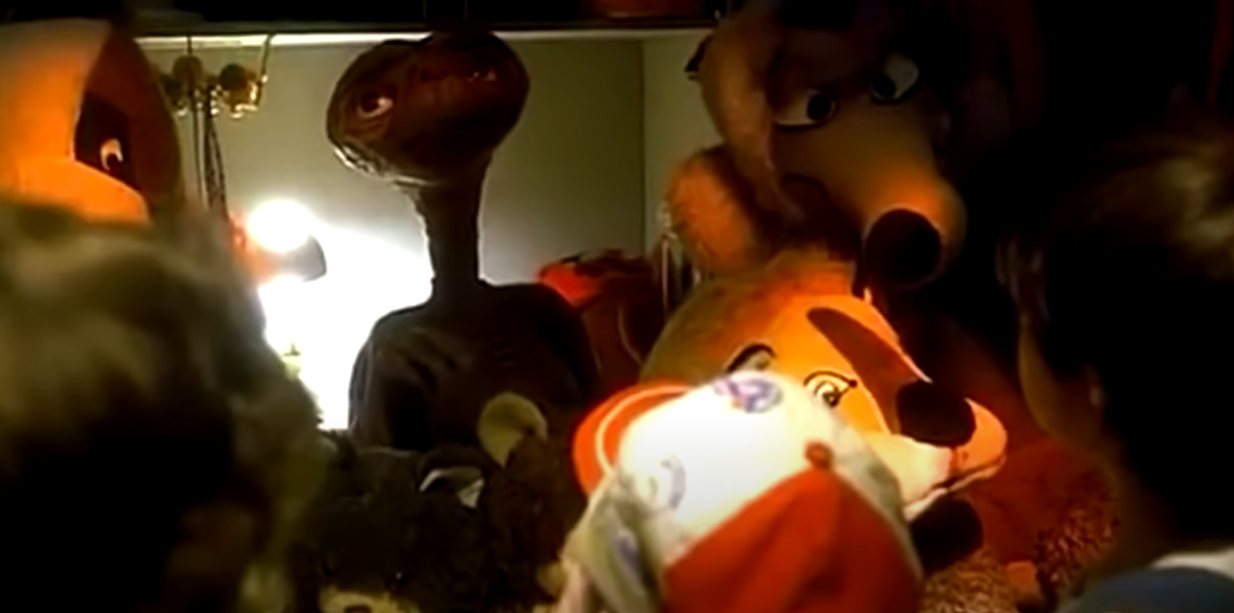At their core, biker movies are a genre that celebrates the freedom and camaraderie of motorcycle culture. These films revolve around the lives of motorcycle enthusiasts, capturing the essence of their nomadic existence and their encounters with adventure, danger, and sometimes, the darker side of society.
With roaring engines and roaring emotions, biker movies explore themes of rebellion, brotherhood, and the relentless pursuit of liberty. Beyond that, though, 80s biker movies also explored complex themes of loyalty, self-discovery, and the clash between the establishment and the outsiders.
The iconic imagery of savage bikers racing down endless highways became ingrained in the collective consciousness, inspiring fashion trends, music, and a renewed interest in motorcycle subculture.
Historical Roots of Biker Movies
The ignition key to biker movies was turned in the 1950s and 1960s when filmmakers first revved up the engines of this exhilarating genre. Classic films like “The Wild One” (1953), starring the incomparable Marlon Brando, introduced audiences to the enigmatic world of outlaw motorcycle clubs. These early movies often depicted bikers as menacing figures, stirring up trouble and challenging societal norms. They portrayed a world of leather-clad renegades and their adrenaline-fueled escapades that quickly captivated audiences.
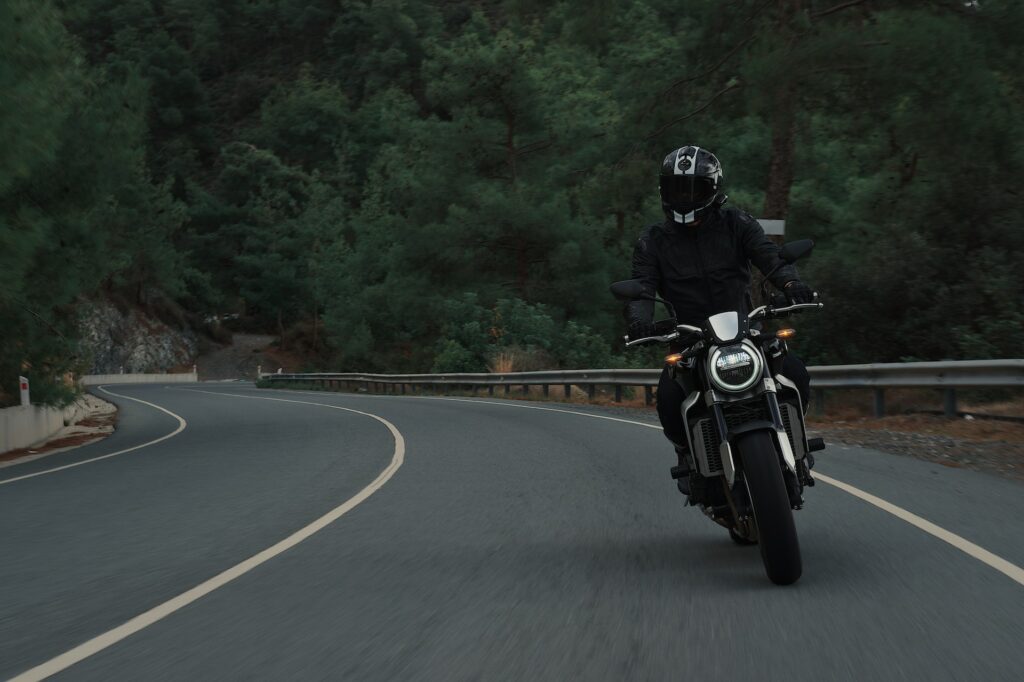
As the 1970s rolled in, biker movies underwent a metamorphosis, evolving to reflect the changing times and attitudes. Films like “Easy Rider” (1969) emerged as eminent symbols of counterculture rebellion, starring Peter Fonda and Dennis Hopper as freewheeling bikers on a soul-searching journey across America. This cinematic masterpiece resonated with a generation seeking liberation from societal constraints and pushed the boundaries of filmmaking with its unconventional style.
The 1980s witnessed a surge in biker movie popularity, as filmmakers harnessed the spirit of the era, blending it with the genre’s signature themes. The decade birthed a fresh wave of action-packed films like “Mad Max 2: The Road Warrior” (1981), taking the genre to post-apocalyptic terrains, and “The Outsiders” (1983), exploring the bond between bikers and brotherhood. These films embraced the excess and boldness of the 80s, creating an exciting blend of high-octane action and heartfelt storytelling.
10 Iconic Bike Movies of the 80s
Now, let’s consider a bunch of adrenaline-pumping films filled with a spirit of adventure, rambling motorcycles, and epic road battles that captured the essence of the decade like no other. Each of them offers a unique perspective on the world of bikers and the freedom that comes with roaring down the open road.
Mask (1985)
“Mask” is a powerful drama based on the true story of Rocky Dennis (Eric Stoltz), a teenager with severe facial disfigurement. Despite his physical challenges, Rocky is an adventurous and spirited young man who idolizes motorcycle legend Evel Knievel. With the support of his tough but loving biker mother, Rusty Dennis (Cher), and a group of kind-hearted friends, Rocky defies societal norms and embraces life to the fullest. As he faces both the cruelty and compassion of the world, he proves that true courage comes from within, not just in the roar of a motorcycle engine.
“Mask” is not your typical action-packed biker film; instead, it’s a deeply touching and inspiring story that goes beyond the surface. It takes audiences on an emotional rollercoaster, touching upon moments of heartache and laughter.
Mad Max 2: The Road Warrior (1981)
An electrifying sequel to the iconic “Mad Max”, the film that truly solidified the franchise’s status as the epitome of 80s biker movies. Set in a post-apocalyptic wasteland, Max Rockatansky (Mel Gibson) is a lone wanderer haunted by his past. When he stumbles upon a group of desperate survivors led by the charismatic Gyro Captain (Bruce Spence), Max reluctantly agrees to help them protect their oil-rich compound from the vicious warlord, Lord Humungus (Kjell Nilsson). In this adrenaline-pumping road battle, Max finds his true purpose and rediscovers the spirit of the open road.
It’s the quintessential 80s biker movie, where gangs of petrolhead misfits rule the desolate highways. Lord Humungus’ motorcycle gang, known as the Marauders, epitomizes the menacing and fierce biker culture of the era. Max’s legendary V8 Interceptor becomes an extension of his fierce determination to survive in this brutal world.
Black Rain (1989)
“Black Rain” is a gripping action thriller that immerses audiences into the gritty underworld of motorcycle gangs in 1980s Japan. Detective Nick Conklin (Michael Douglas) and his partner Charlie Vincent (Andy Garcia) are New York City cops who find themselves entangled in a dangerous web of crime when they capture a ruthless Yakuza member. In pursuit of justice, they escort the criminal back to Osaka, but a daring escape leaves them fighting against both Yakuza assassins and corrupt Japanese cops. As they navigate the high-speed highways and neon-lit backstreets, they must embrace the dark side of the law to bring justice to the heart of the Black Rain.
Biker vibes aside, the movie delves into the clash of cultures and the blurred lines between right and wrong. In the meantime, high-speed chases through crowded streets and epic showdowns between the cops and the bikers bring the 80s biker culture to life in all its rebellious glory.
Streets of Fire (1984)
Prepare for a neon-drenched, rock ‘n’ roll-infused adventure in a film that oozes style like no other. When Ellen Aim (Diane Lane), a captivating rock singer, gets kidnapped by a sinister biker gang led by Raven Shaddock (Willem Dafoe), her ex-boyfriend Tom Cody (Michael Paré), a rugged and mercenary biker, is called to rescue her. With the help of an enigmatic soldier of fortune, McCoy (Amy Madigan), and his tough-as-nails sister, Reva (Deborah Van Valkenburgh), Cody embarks on a daring journey through the streets of a surreal city to bring Ellen back safely. Set to a pulsating rock soundtrack and visually stunning aesthetics, the film delivers an unforgettable biker movie experience.
It’s a stylish and action-packed tribute to the 80s. And the music weaves seamlessly into the narrative, elevating the emotions and adding to the film’s electric atmosphere.
Harley Davidson and the Marlboro Man (1991)
Okay, it’s technically 1991, but it’s so 80s in spirit! Set in a dystopian future, the film follows two modern-day cowboys, Harley Davidson (Mickey Rourke) and Marlboro (Don Johnson), whose names are synonymous with the popular motorcycle and cigarette brands. When they discover that their favorite bar is about to be shut down, they concoct a daring plan to rob a corrupt bank and save the establishment. However, their heist puts them in the crosshairs of a ruthless drug lord, leading to an explosive showdown where brotherhood, rebellion, and badass bikes collide.
This movie celebrates the unbreakable bond between two outlaws, embodying the camaraderie and loyalty that define the biker lifestyle.
Any Which Way You Can (1980)
It’s a delightful biker movie that combines action, comedy, and adventure with a heartwarming touch. Directed by Buddy Van Horn, the film follows the lovable and unconventional bare-knuckle brawler Philo Beddoe (Clint Eastwood) and his loyal orangutan companion, Clyde. When Philo’s brother, Orville (Geoffrey Lewis), gets caught up in a gambling debt with a biker gang led by the fierce and flamboyant Cholla (John Quade), Philo finds himself embroiled in a series of hilarious and action-packed escapades. Along the way, Philo must confront rivals, evade the law, and navigate quirky encounters, all while staying true to his values and his friendship with Clyde.
“Any Which Way You Can” features a colorful cast of characters, including the notorious Black Widows biker gang led by Cholla.
Knightriders (1981)
It is a unique and imaginative biker movie that defies conventions and transports audiences to a world where modern-day knights joust on motorcycles instead of horses. Led by the charismatic King Billy (Ed Harris), the “Knightriders” are a traveling troupe of bikers who perform medieval reenactments, living by a code of honor and camaraderie. However, as their popularity grows, tensions arise within the group, challenging the ideals they hold dear. This thought-provoking film delves into themes of identity, loyalty, and the struggle to preserve one’s values in the face of commercialization.
Directed by George A. Romero, the movie showcases his ability to blend fantasy elements with heartfelt drama.
Beyond Thunderdome (1985)
Yet another Mad Max movie is an epic and visually stunning piece that immerses audiences in a post-apocalyptic world of action, survival, and redemption. It follows the legendary warrior and drifter, as he finds himself entangled in a fierce power struggle in the wasteland city of Bartertown. When Max crosses paths with Aunty Entity (Tina Turner), the formidable ruler of Bartertown, he is forced into a gladiatorial battle in the infamous Thunderdome, a deadly arena where rival factions settle disputes in brutal combat. As Max seeks redemption and justice, he forms an unlikely alliance with a group of orphaned children, leading him on an epic quest through the unforgiving desert, where honor, survival, and the freedom of the open road collide.
“Beyond Thunderdome” takes the audience on a thrilling ride through a desolate and chaotic world ravaged by nuclear war. The film’s biker gangs, scavengers, and renegades are a fascinating blend of punk aesthetics and biker culture, capturing the essence of the 80s post-apocalyptic movie genre.
Tron (1982)
The movie is a mesmerizing and trailblazing 80s biker movie that takes viewers into a dazzling digital realm of neon lights and high-speed motorcycle battles. Directed by Steven Lisberger, the film follows computer programmer Kevin Flynn (Jeff Bridges) as he is transported into the virtual world of computers. He must navigate through the digital landscape, battling against oppressive software programs and the malevolent Master Control Program. With the help of Tron (Bruce Boxleitner), a heroic security program, Flynn embarks on an exciting adventure to regain control of his digital destiny and escape the treacherous world of “Tron.”
One of the standout elements of “Tron” is the renowned Light Cycles, sleek and high-speed motorcycles that race across the digital grid in breathtaking sequences. The Light Cycle battles, where contestants race to outmaneuver each other and create light walls to trap opponents, are thrilling and visually captivating, embodying the essence of the 80s biker movie excitement.
Winners Take All (1987)
“Winners Take All” is a thrilling and action-packed biker movie that puts the pedal to the metal in the world of off-road motorcycle racing. Directed by Fritz Kiersch, the film follows the fiercely competitive racing team, the Cycle Kings, led by the talented and rebellious Hooper (Don Michael Paul). As they compete in the grueling “Superbikers” championship, tensions rise within the team, pitting friendships and loyalties against the pursuit of victory. Against a backdrop of high-speed races, the film explores the exhilarating world of dirt bike racing and the determination of its riders to become the ultimate champions.
The film encapsulates the fashion and spirit of 80s biker culture. Leather jackets, bandanas, and dirt-streaked faces are emblematic of the era’s rugged style, adding an authentic touch to the film’s racing atmosphere.
Final Thought
The legacy of 80s biker movies continues to echo through contemporary films and TV shows, with nods and tributes to the genre’s prominent moments. Filmmakers continue to draw inspiration from the themes of camaraderie, adventure, and the allure of the open road to celebrate the spirit of freedom.

